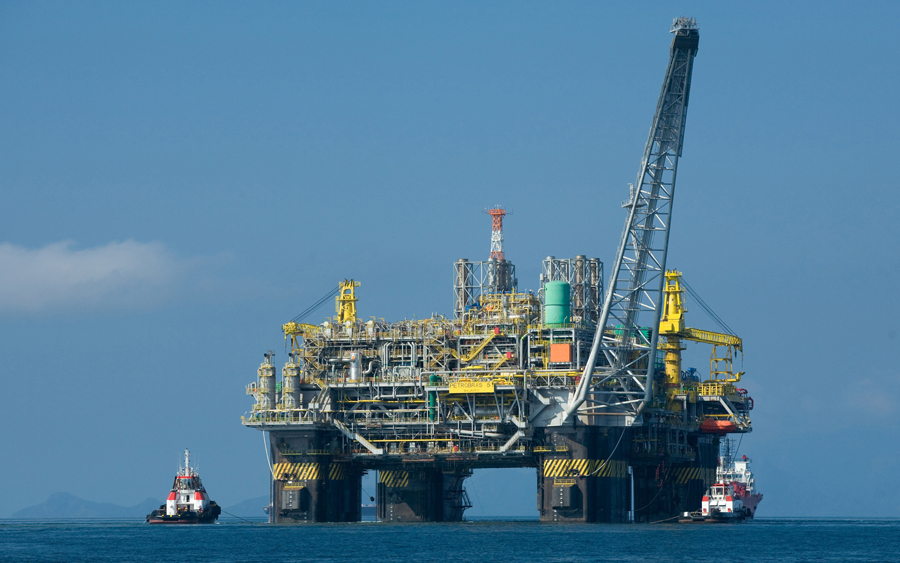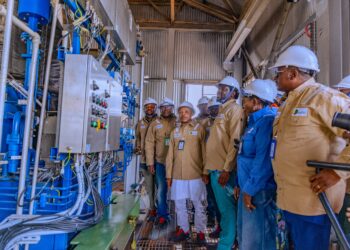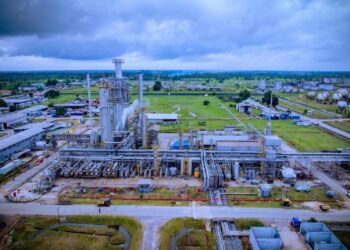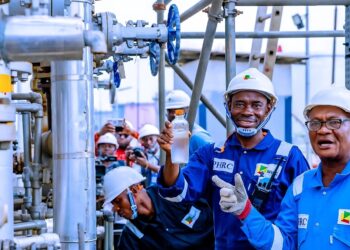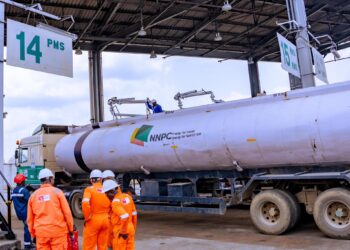The Department of Petroleum Resources (DPR) on Monday announced the commencement of the 2020 marginal field bid round. This bid round is coming 18 years after the last bid round in 2002 and is open to indigenous oil & gas companies and investors interested in participating in the exploration and production business in Nigeria. Marginal fields are known oil or gas discoveries on an IOC-owned block and where there has been no activity in at least the last 10 years. With the agreement of the IOC, the DPR carves-out a piece of land surrounding the discovery and this becomes a Marginal field. On this occasion, there are 57 marginal fields available for bidding, including 11 fields revoked by the DPR.
The exercise would be conducted electronically and would include expression of interest/registration, pre-qualification, technical and commercial bid submission, and bid evaluation. The process is expected to be completed in six months. The first bid round that was formally organised by the FGN began in 2001 and was concluded in 2003. At the end of the bid round, 24 licenses were awarded to 31 indigenous companies. Another bid round was proposed in 2013 with a lot of preparation and guidelines released. Unfortunately, it never held.
READ ALSO: FG grants new MSMEs 80% discount on NAFDAC registration
Flagging off this bid round under the current economic situation points to the government’s urgent need for funds. According to the DPR guidelines, interested bidders will be required to pay a total of US$115,000 and N5m in non-refundable statutory fees comprising an application fee of N2 million per field, Bid Processing Fee of N3million per field, Data Prying fee of $15,000 per field, Data Leasing fee of $25,000 per field, Competent Persons Report of $50,000 and $25,000 for Fields Specific Report.
While we see the need for these asset sales to generate much-needed revenue for the Federal Government, we are concerned that a bidding process under the current environment will be fraught with difficulties. Firstly, the current fluctuations in oil prices may mean that intending investors may base their valuations on pricing models that can become unrealistic in the near term and then are unable to develop such fields acquired. Many local companies have been hard hit by the effects of covid -19 and the ensuing significant decline in oil prices, hence they may not have sufficient cash flows nor be able to raise needed funds from both local and international banks.
READ MORE: 54gene raises $15 million to boost African genetic code, as venture capital hits $19.5 million
In addition, we see regulatory difficulties hampering interest in the fields. For example, the lack of passage of the long awaited Petroleum Industry Bill (PIB) remains a significant deter. Furthermore, the recently passed Deep Offshore and Inland Basis Production Sharing Contracts (Amendment) Act (DOA) has made investments in Nigeria oil & gas assets less attractive. These negative regulatory sentiments has led to many IOCs decreasing investments in the Nigerian oil & gas industry. Overall, we think this may result in many of the fields ending up in the hands of individuals with cash but with no industry expertise. Again, with the current economic crunch, many of the fields may be sold significantly below their fair value.
CSL Stockbrokers Limited, Lagos (CSLS) is a wholly-owned subsidiary of FCMB Group Plc and is regulated by the Securities
and Exchange Commission, Nigeria. CSLS is a member of the Nigerian Stock Exchange.

